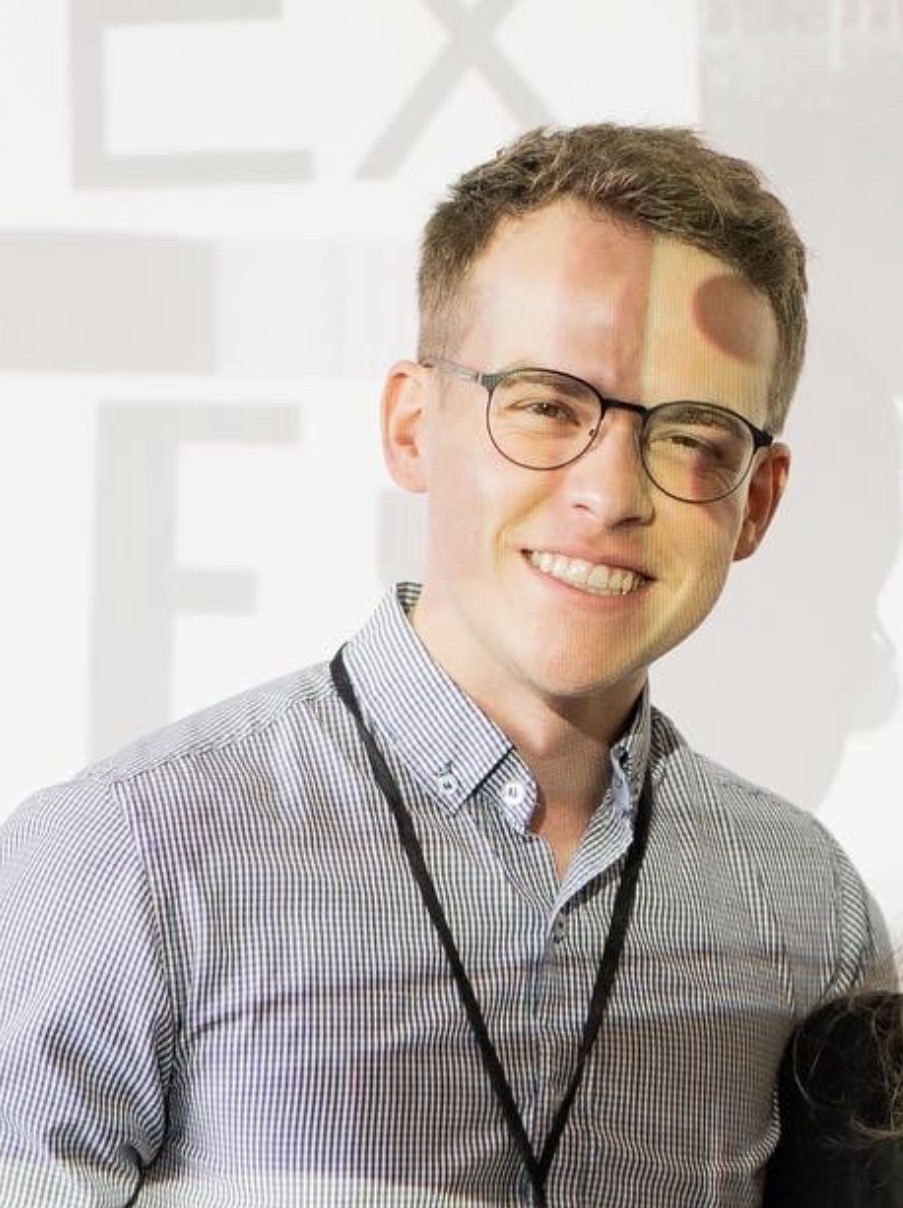Hi, I’m Ryland. I am a sociotechnical researcher and documentary filmmaker asking critical questions about technology, the environment, and Silicon Valley cultures and values. I am a doctoral fellow at the University of Southern California's Annenberg School of Communication in Los Angeles.
I currently have several projects in the oven. In one (with Tarleton Gillespie and Parker Bach), we're looking at the types of risks that AI companies and researchers deem undesirable, and the internalist corporate knowledge productions systems that incubated these categories. In two others, I'm investigating the emergence of new environmental infrastructures such as carbon capture and storage systems and 'AI-for'environment' initiatives.
For two years prior to joining USC, I was a pre-doctoral research assistant with the Microsoft Research Social Media Collective. Before that, I earned an MA in Communication from Simon Fraser University, where I wrote a thesis about the socio-technical frictions that impede effective climate crisis communication on TikTok. Simultaneously, with a small but mighty team, I produced a feature documentary, Amakki, which won several awards at festivals around the world.
I belong to quite a few communities and am constantly trying new hobbies. I've been on volleyball and dodgeball teams in various LGBTQ sports leagues in Boston, NYC and LA. I recently learned how to ride a motorcycle. I was a leader within my graduate school community at SFU, having served as Graduate Caucus Co-chair, among a ton of other committees and working groups. I feel most at home in creative spaces like SFU’s Media & Maker Commons, where I worked as an instructor for two years.
